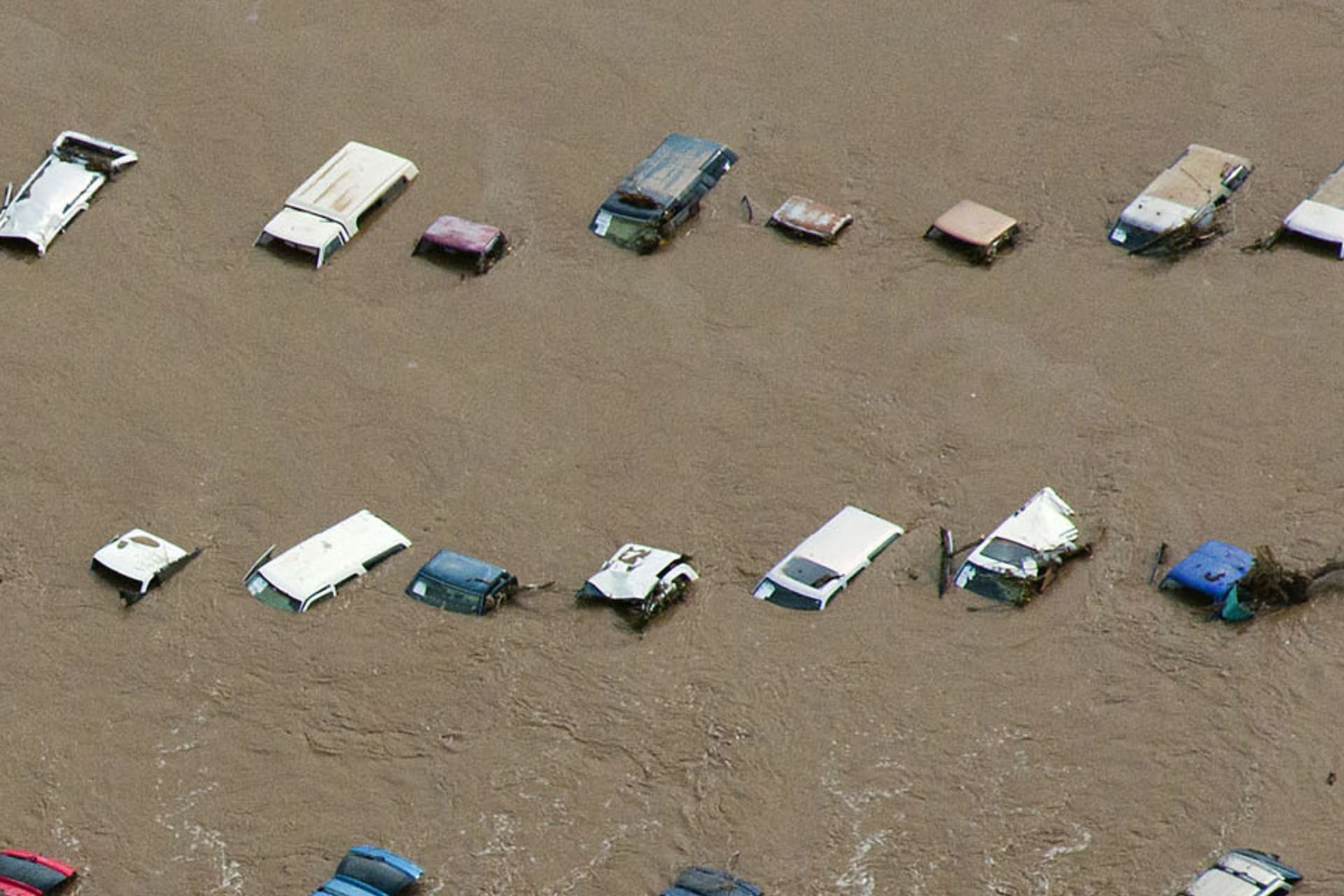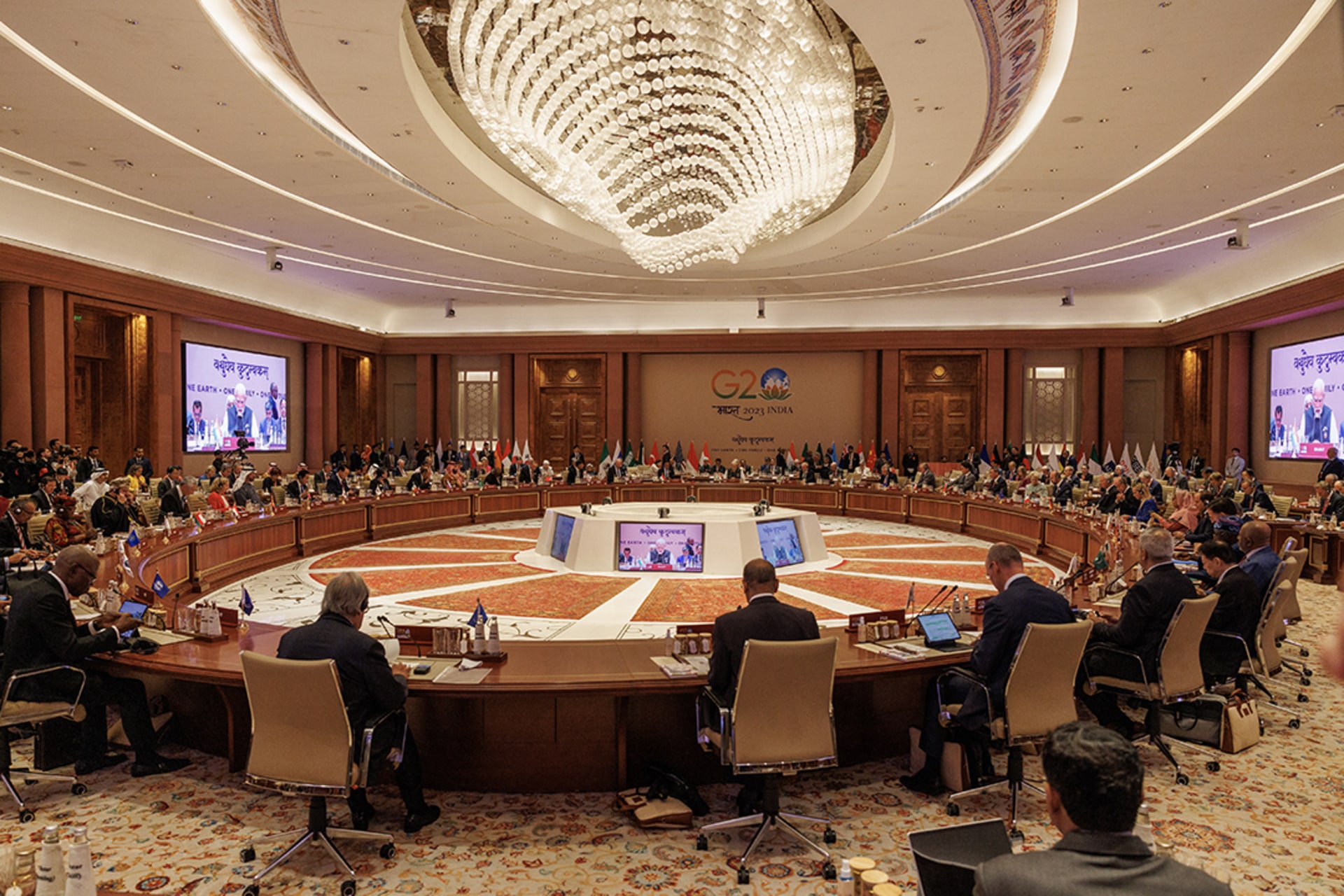IRAQ: International Peacekeepers
Published
This publication is now archived.
What’s preventing other nations from sending troops to stabilize Iraq?
A key reason is that many nations--particularly those that opposed the war--are reluctant to send soldiers unless steps are taken that would, in their view, increase the mission’s international legitimacy. Discussions have begun on a new U.N. Security Council resolution that could address this issue by strengthening the U.N. role in Iraq, but these talks are at an early stage.
What are some of the other reasons?
The war was broadly unpopular in most countries, so many world leaders fear a domestic political backlash if they agree to contribute to a U.S.-led occupation force. This is particularly true because the mission is dangerous, and casualties among peacekeepers are expected. In some cases, feelings are still bruised from the bitter U.N. debates that preceded the war. Also, some nations are generally reluctant to place troops under a U.S., rather than multinational, command.
What’s the status of negotiations on a new resolution?
U.S. Secretary of State Colin Powell has indicated that the United States could consider another resolution if it would lead to more foreign troops in Iraq. Initial discussions have reportedly begun with France, Germany, and Russia. But the idea was not discussed at length at the July 22 Security Council meeting on Iraq and no draft resolutions have been publicly released. “I don’t think there’s anything quite going to the point yet of whether somebody--us or somebody else--might put forward a resolution. It’s a matter of discussion,” State Department spokesman Richard Boucher said.
Why is the Bush administration considering more U.N. involvement?
Largely because things aren’t going as smoothly in Iraq as some Washington planners had hoped, creating military and political pressures on the administration to share the burdens of peacekeeping.
What are the political pressures?
The administration is taking fire from Capitol Hill for its failure to attract a broader peacekeeping coalition, and the near-daily deaths of U.S. soldiers in Iraq is a political liability, says Lee Feinstein, a U.N. expert at the Council on Foreign Relations.
What are the military pressures?
Many U.S. forces in Iraq are worn out and largely unprepared to perform policing and peacekeeping tasks. At a July 23 briefing on Defense Department plans for relieving troops currently on duty in Iraq, the acting Army chief of staff, General John M. Keane, said the Pentagon would “further seek to internationalize the force.” The large numbers of U.S. troops in Iraq make them an easy target for insurgents, who may be less inclined to attack non-U.S. soldiers. Including peacekeepers from countries that opposed the war could also help mend diplomatic relationships that were strained during the tense run-up to the war, some experts say.
What are the U.S. reservations toward another resolution?
While President Bush called for more assistance from other nations in an Iraq speech July 23, some experts say the United States does not yet seem willing to yield authority to other nations. “The United States wants to share the burden and risk, promote legitimacy, and yet retain the basic control as the occupying force in Iraq,” says Arthur Helton, the director of peace and conflict studies at the Council on Foreign Relations. Because there is considerable anti-U.N. sentiment in the Bush administration, many officials are reluctant to award the United Nations greater authority. Prewar rifts at the United Nations continue to contribute to an atmosphere of distrust on both sides, says Edward Luck, a U.N. expert at Columbia University.
What countries have called for additional U.N. authorization?
France, Russia, Germany, India, Pakistan, and Portugal, among others.
What’s the significance of India’s decision to withhold troops?
India’s government announced July 14 that it needed additional U.N. authorization before it would send troops to Iraq. The decision was particularly disturbing to U.S. officials, who had hoped for 17,000 Indian soldiers to help relieve the 147,000 U.S. and 12,000 U.K. troops in Iraq, some of whom have been deployed to the Middle East since well before hostilities began in March. India, some experts say, is also a bellwether for other developing nations that will perhaps follow New Delhi’s lead on the Iraq peacekeeping issue.
Are countries that supported the war already committed to sending troops?
Some are, but there is growing concern in Washington that their contributions will not be enough. Albania, Bulgaria, Lithuania, Italy, the Netherlands, Poland, and Ukraine are expected to contribute some 20,000 to 30,000 troops over the next three months, according to U.S. officials. In addition, some 18 nations have already sent small contingents (totaling about 1,000 soldiers) of mostly non-combat troops to Iraq.
What resolution regulates the current U.S. authority in Iraq?
Resolution 1483, which recognizes the United States and Great Britain as occupying powers in Iraq until an “internationally recognized, representative government” is formed. At a June 22 breakfast meeting at the Council on Foreign Relations, representatives of the Iraqi Governing Council said this resolution provides nations with all the legitimacy they need to support the occupation. President Bush, in his July 23 Rose Garden speech, appeared to agree with this assessment, calling upon other nations to “contribute -- militarily and financially -- towards fulfilling Security Council Resolution 1483’s vision of a free and secure Iraq.”
What would a new resolution say?
Some experts predict it could give the United Nations more explicit authority over some aspects of Iraq’s reconstruction, but not hand it full responsibility for peacekeeping. Luck says a resolution could include some or all of the following:
- authorize and encourage nations to contribute forces to a U.S.-led occupying authority--or, less likely, create a separate U.N. force that would work side by side with the occupiers;
- broaden the U.N. role in forming a new Iraqi government and managing Iraq’s economy;
- authorize a formal U.N. mission for Iraq;
- require periodic reporting to the Security Council about the progress in Iraq;
- recognize the Iraqi Governing Council as a positive step toward Iraqi self-rule.
Would a second resolution persuade many more nations to send troops?
It’s unclear, because so far, even those nations seeking a second resolution--such as Germany and France--have not promised to send troops if one passes, says Feinstein.
It also depends on the resolution’s contents. Some leaders may insist that their soldiers serve as peacekeepers under U.N., rather than U.S., command, while others may be satisfied with contributing to a U.N.-authorized force led by the United States. Money is another concern for some nations; Pakistan’s President Pervez Musharraf, for example, has said he would need financial assistance to send peacekeepers. In addition, some nations may seek concessions from the coalition--such as greater access to lucrative contracts to rebuild Iraq--as part of an agreement to send troops, some experts say.t





